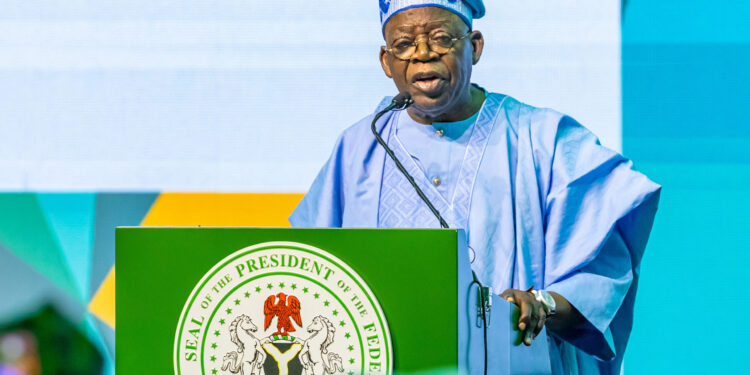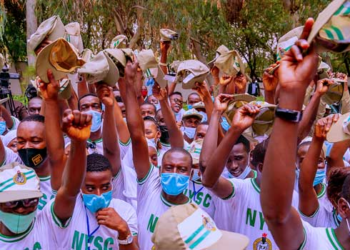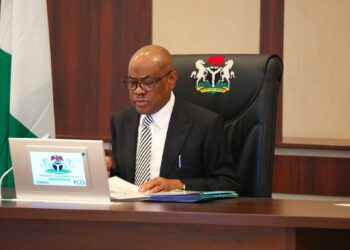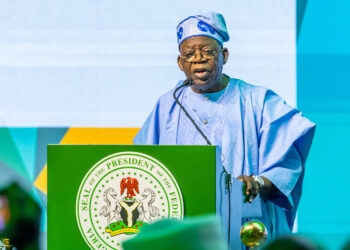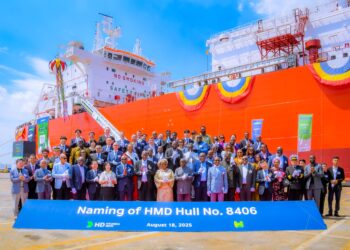President Bola Ahmed Tinubu has expressed deep concern over Nigeria’s overwhelming dependence on imported steel, declaring that the country must reclaim its industrial future by reviving the long-abandoned Ajaokuta Steel Company.
Speaking at the opening of the National Steel Summit in Abuja, Tinubu, represented by Vice President Kashim Shettima, described the dormant plant as a “monument to abandoned ambition” and pledged to reposition the steel sector as a cornerstone of Nigeria’s economic transformation.
“Despite our vast deposits of iron ore, limestone, and coal, Nigeria imports more than 90% of the steel it consumes,” Tinubu said.
“The Ajaokuta Steel Company, once our industrial crown jewel, stands idle. This is not just an economic failure; it is a threat to our sovereignty.”
The summit, themed “Rebuilding and Consolidating Nigeria’s Steel Industry: Collaborative Action for Sustainable Growth and Global Competitiveness,” marks a renewed push to revive Nigeria’s steel sector, which has suffered decades of neglect, failed privatization efforts, and underinvestment.
Steel Sector as Engine of Industrialization
Minister of Steel Development, Prince Shuaibu Audu, emphasized that the summit aligns with Tinubu’s Renewed Hope Agenda, which aims to grow Nigeria’s GDP to $1 trillion by 2030. He described the steel industry as the “critical backbone” of industrialization, essential for sectors such as construction, automotive, electronics, shipbuilding, telecommunications, and defense.
“Iron and steel production will generate employment opportunities and provide capacity for self-sustaining growth,” Audu said.
“The commissioning of Ajaokuta and Delta Steel Company, with a combined installed capacity of 2.3 million tonnes per annum, will require about 8 million tonnes of local steel raw materials annually.”
Audu also outlined the infrastructure needed to support a competitive steel industry, including rail networks, affordable power supply, port access, inland waterways, and natural gas availability. He stressed that Nigeria’s natural endowments must be matched with operational integrated steel plants to unlock the sector’s full potential.
Reform Agenda and Strategic Goals
The Tinubu administration has launched a three-year plan to revive Ajaokuta Steel Company, alongside a 10-year roadmap for the broader steel sector. A technical and financial audit of Ajaokuta is currently underway, with the government exploring partnerships with both Russian and Chinese firms to restart operations.
The revival plan is part of a broader economic reform strategy that includes a tenfold increase in bank capital requirements, currency liberalization, fuel subsidy removal, and tax restructuring, all aimed at positioning Nigeria as a regional industrial powerhouse.
“Our vision is to transform Nigeria into a regional steel powerhouse, achieving self-sufficiency, generating employment, conserving foreign exchange, and building the industrial base that will drive our economy for generations to come,” Tinubu declared.
The summit concluded with a call for collaborative action among policymakers, investors, and industry stakeholders to ensure the sustainable development of Nigeria’s steel industry.

